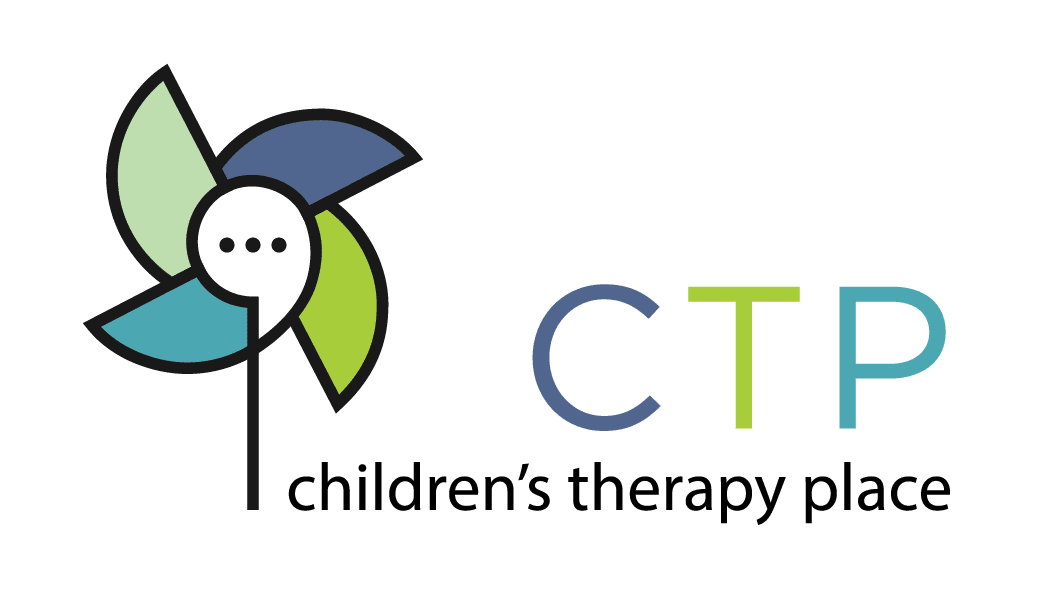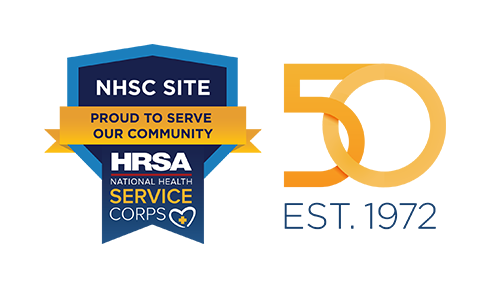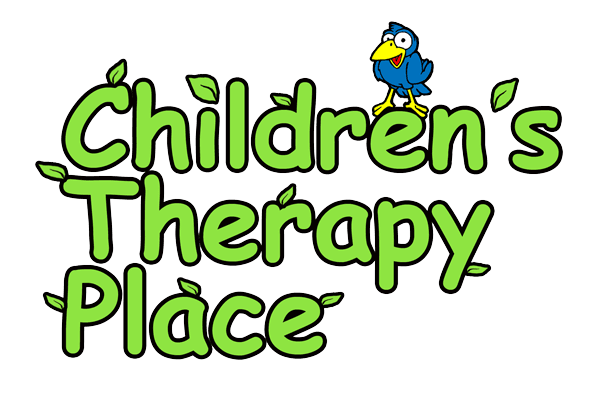Behavioral Intervention
Through the Developmental Disabilities (DD) Services Program your child may be eligible to receive services addressing daily living skill development, positive behavior skill development, improved social relationships, and family training.
Great relationships between a child/family and therapist can make all the difference. At CTP, our DDA supervisors take a special interest in meeting families to learn how to best support their child, and then we assign the best therapist. Carefully considering the best provider for our individualized Habilitative Intervention and Habilitative Support services gives our clients the opportunity to build meaningful relationships and achieve success.
Our staff goes the extra mile coordinating weekly social activities, including trips to the Boise Zoo and Discovery Center. More importantly, we work together with families, and our onsite physical, occupational, speech therapy and counseling team are available to provide comprehensive services to help our clients reach their goals.
At CTP, you don’t have to worry about arranging transportation for DDA services, as all of our therapists have had a driving record check and are able to transport your child to and from home, school, and various places in the community.
See why parents at CTP claim “Children’s Therapy Place is hands down the best place in Idaho for therapy and their staff is amazing!” Nicole W. (Parent)
Developmental Disabilities Agency Brochure
INTERVENTION SERVICES
Behavior Intervention is available to individuals who display challenging behaviors. IS/IP therapists work with children to develop positive behaviors and the skills they need to function in a typical home and community environments. Our team of professional staff has the experience and education ranging from bachelor to master’s degrees.
Habilitative Skill is a direct intervention service for individuals who display limitations with social skills, communication, and daily living skills. Services are provided by a Habilitative Skill Technician.
INTERDISCIPLINARY TRAINING
Collaboration and professional instruction between disciplines, including SLP, PT, and OT to best meet the needs of the individual. Available to those receiving Intervention services.
COMMUNITY-BASED SUPPORT
This program helps children with developmental disabilities participate in community activities that provide opportunities for expanding communication, relationship building and a variety of social activities such as volunteering. Services are provided by a Habilitative Support Technician.
COMMUNITY-BASED SUPPORTS
Community-Based Support therapists actively promote personal skill development through individual therapy in the community.
Community-Based Support (CBS) services encourage independence for children with disabilities in the areas of:
- Generalize skills to natural environments
- Expand communication
- Expand social skills
- Community Participation
HABILITATIVE SKILL
Habilitative Skill Technicians work with children on a one-to-one basis through Individualized Program Plans that help to develop, improve, and maintain the developmentally appropriate functional abilities and daily living skills needed by an individual. Services are provided in the home, community or at our center.
Habilitative Skill (HS) services are provided to:
- Increase socially responsible abilities
- Improve functional skills
Behavioral Intervention
Intervention Specialist (Bachelor level) and Intervention Professional (Master level) therapists are certified professionals that work with children on a one-to-one basis through Individualized Program Plans that help to develop positive behavior. Services are provided in the home, community or at our center
Behavior Intervention (BI) services are provided to:
- Improve a child’s adaptive skills
- Discourage problem behaviors
- Develop replacement behavior
- Increase socially responsible abilities
- Improve functional skills
DISCOVERING ABILITY IN EVERY CHILD
Programs
NEW AT CTP
OROFACIAL MYOFUNCTIONAL DISORDERS (referred to as OMD or MYO disorders)
While the tongue is one of the biggest “influencers” of OMD, other muscles that can be
tethered and/or weak include the lips, cheeks, and jaw. Continue Reading OROFACIAL MYOFUNCTIONAL DISORDERS (referred to as OMD or MYO disorders)
Using Daily Routines to Support Speech and Language Development
In this blog post, I have listed easy tips to add to daily routines and discuss why they are helpful
with supporting speech and language development. Continue Reading Using Daily Routines to Support Speech and Language Development



